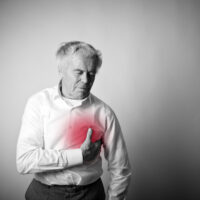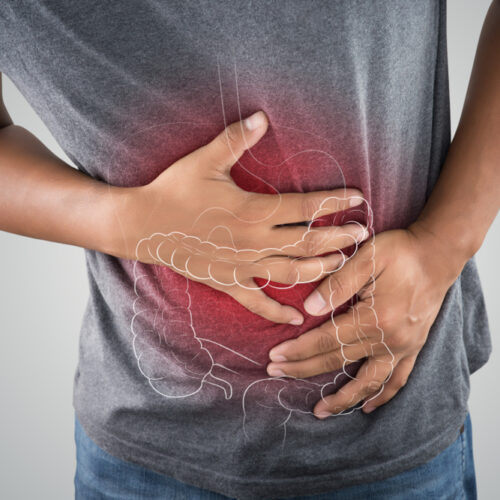An overview of TMJ treatment options
The temporomandibular joint connects the jaw to your skull. Injury or damage to the same can cause localized pain or discomfort, this condition is called as temporomandibular joint (TMJ) syndrome.
In most of the cases, TMJ disorders disappear without any treatment. Other than that, here is an overview of different types TMJ treatment options based on its severity.

Medicinal approach
A non-surgical approach, medicinal approach can help in relieving the pain that is associated with TMJ disorders. The doctor might initially suggest for prescription based pain relievers and anti-inflammatories in case over-the-counter medications are not enough to relieve the TMJ pain. Non-steroidal anti-inflammatory drugs can be used to treat such medical conditions.
Certain antidepressants which are mostly used for treating depression, can be used to relieve pain due to TMJ disorders. If the jaw pain is due to muscle stiffness in the jaw area, muscle relaxants can be used for a few days or weeks to relieve the pain due to TMJ.
Therapy
Therapies are non-drug TMJ treatments which include –
- Physical therapy like ultrasound, moist heat or ice application together with exercises can be applied which will stretch and strengthen the jaw muscles.
- Oral splints, and mouth guards are one of the common non-surgical and non-medicinal treatment option that people use to treat minor pain due to TMJ disorder. It is a dental plate that is a soft and firm device that is inserted over the teeth.
- A simple counseling can help people understand the factors and behaviors that affect aggravate the pain. Avoiding habits like teeth clenching, grinding or leaning chin on a surface can help in reducing the pain.
Alternative medication
Alternative medication is one of the TMJ treatment options that can help manage the chronic pain associate with it.
- One of the examples is acupuncture where in, the specialist treats the chronic pain by inserting ultra-thin needles on a specific location on the body.
- Biofeedback is an electronic device that monitors the stiffness of the specific muscle in the jaw that has caused the disorder. This device helps you in practicing effective relaxation techniques.
If the pain due to TMJ disorder becomes chronic, the above listed methods might not help or would provide temporary relief from the condition to the least. In such cases surgical procedures like arthrocentesis, TMJ arthroscopy, modified condylotomy, Open joint surgery might be applied to provide a permanent cure. Consult your doctor before finalizing on the surgical procedure.











